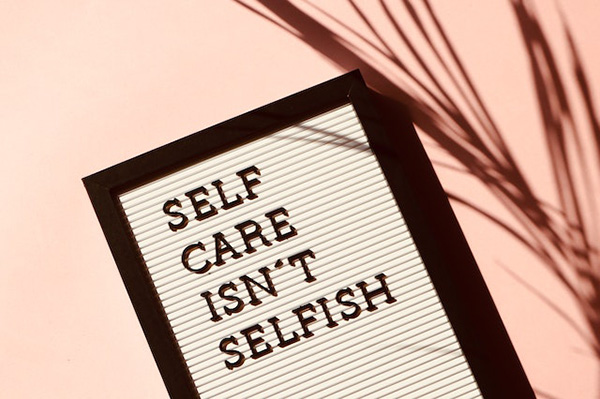Mental illness can affect anyone at any time. It is important to recognize the signs of a mental health crisis to provide your loved one with the support they need. Knowing what to look for and how to react can make all the difference in providing help during times of distress.
Mental health disorders can affect anyone from any background, race, or age. It is important to understand and be aware of the symptoms and treatments available for mental health disorders. Knowing what to look out for and how to provide support can make a huge difference in the life of someone you love.
Types of Mental Health Disorders
Mental health disorders encompass various diagnoses, from anxiety to bipolar disorder. While each disorder has its unique symptoms and treatments, they all share common features.
For example, many mental health disorders are characterized by changes in mood, behavior, thinking patterns, or cognitive abilities. Other common features include difficulty functioning in social situations, difficulty managing emotions, and problems with self-esteem or self-image.
Common Symptoms & Signs
It’s important to be aware of any changes in behavior that may indicate an underlying mental health disorder. Common symptoms can include persistent sadness or low mood; lack of interest in activities that were once enjoyable; changes in eating habits; sleeping too much or too little; fatigue; difficulty concentrating; feelings of worthlessness or hopelessness; irritability or anger outbursts; and thoughts about death or suicide. If you notice any changes in your loved one’s behavior that concern you, it may be time to seek help from a professional.
Understanding Common Signs
Mental health crises can present differently from person to person, but there are some common signs that may indicate a crisis is occurring. These include sudden changes in behavior, such as increased aggression, depression, or anxiety.
Other signs may include changes in sleeping or eating habits, difficulty concentrating or making decisions, disorientation or confusion, and even substance abuse. In addition, people with a mental health crisis may start talking about feeling hopeless or suicidal.
Recognizing Warning Signs
It is important to be aware of warning signs that may indicate an impending mental health crisis. These warning signs might include extreme mood swings, increased irritability and anger outbursts, feelings of guilt or worthlessness, excessive worry and fearfulness, neglecting personal hygiene and self-care practices, withdrawal from social activities and family members, irrational beliefs or thoughts about themselves or others, and physical symptoms like nausea or headaches.
Knowing How To React
When you notice any of these warning signs in yourself or someone else, it is important to take action immediately by seeking professional help. Encourage your loved one to speak with a therapist specializing in mental health issues so they can get the help they need. Finding reliable professionals from Serenity Mental Health Clinic, or a similar center, can provide the special care and support necessary to deal with a mental health crisis. These clinics can offer a safe and confidential environment where individuals can receive personalized treatment plans for their needs. It’s also essential to talk openly with your loved one about their feelings; giving them space and showing support can go a long way in helping them through their situation.
A mental health crisis can be frightening and overwhelming for everyone involved; however, it is important not to panic but to recognize the warning signs so you can get your loved one the help they need before it escalates into a serious issue.
Taking note of any changes in behavior and noticing any warning signs will allow you to intervene quickly and provide necessary help for your loved ones during difficult times of distress. With the right care and support, those suffering from mental illness can have successful outcomes after experiencing a crisis.







Speak Your Mind